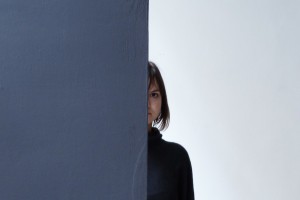Changing Museums
Here is an exciting topic: museums are trendy! Museums are vertically growing! Museums are in transition and changing! It has become evident that in recent decades there has been a spectacular growth in the number and variety of museums around the world. Museum sciences and practices have greatly diversified, and the relationship of the museum with the public and the community has changed radically.
Under the influence of liberal thinking and aggressive neo-capitalism, museums have been rapidly changing their philosophy and practice, and their functions are subject to a profound change in the classic conservation / research / communication ratio. From a typical institution of cultural modernism, the museum has to adapt to a postmodern world in frenetic globalization. From the 1970s to the present, various definitions of the museum, more or less adapted, which have aimed to embrace novel concepts of education and entertainment, cultural policies adapted to societal changes have emerged, increasingly diverse and “immaterial” patrimonies have been created, strong practices focused on democratic relations with increasingly differentiated audiences have been implemented.
Located today at the ambiguous intersection between pragmatic and cultural, between commerce and communication, between the mass public and the elite, the museum is summoned to reinvent itself again. Subject to a market logic, becoming an increasingly “spectacular temple”, the museum is forced to adapt to the Internet, social networks and the digital age in which we have entered, but also to preserve its formative and identity formation role. Being the centre of diverse human communities, the museum must take on a role of socialization and conviviality. In a post-capitalist world of globalization, museums must therefore “produce democracy” without neglecting their standards. Here are some ideas gathered from a vast problematic ocean tackled by numerous specialists and commentators.
Is this moment of major change positive or negative for museums? How do Romanian and foreign museums react to these radical challenges of the present? How do artists, curators, art critics and theorists position themselves regarding these current themes? You will learn about all these important aspects in this issue, coordinated by the museum curators Valentina Iancu and Mălina Ionescu.
Magda Cârneci, Editor-in-chief
Translated from Romanian by Roxana Ghiţă
POSTED BY
Cristina Bogdan
Founder and editor-in-chief, between 2014-19, of the online edition of Revista ARTA. Co-founder of East Art Mags, a network of contemporary art magazines from eastern and Central Europe. Runs ODD, a s...
www.evenweb.org

